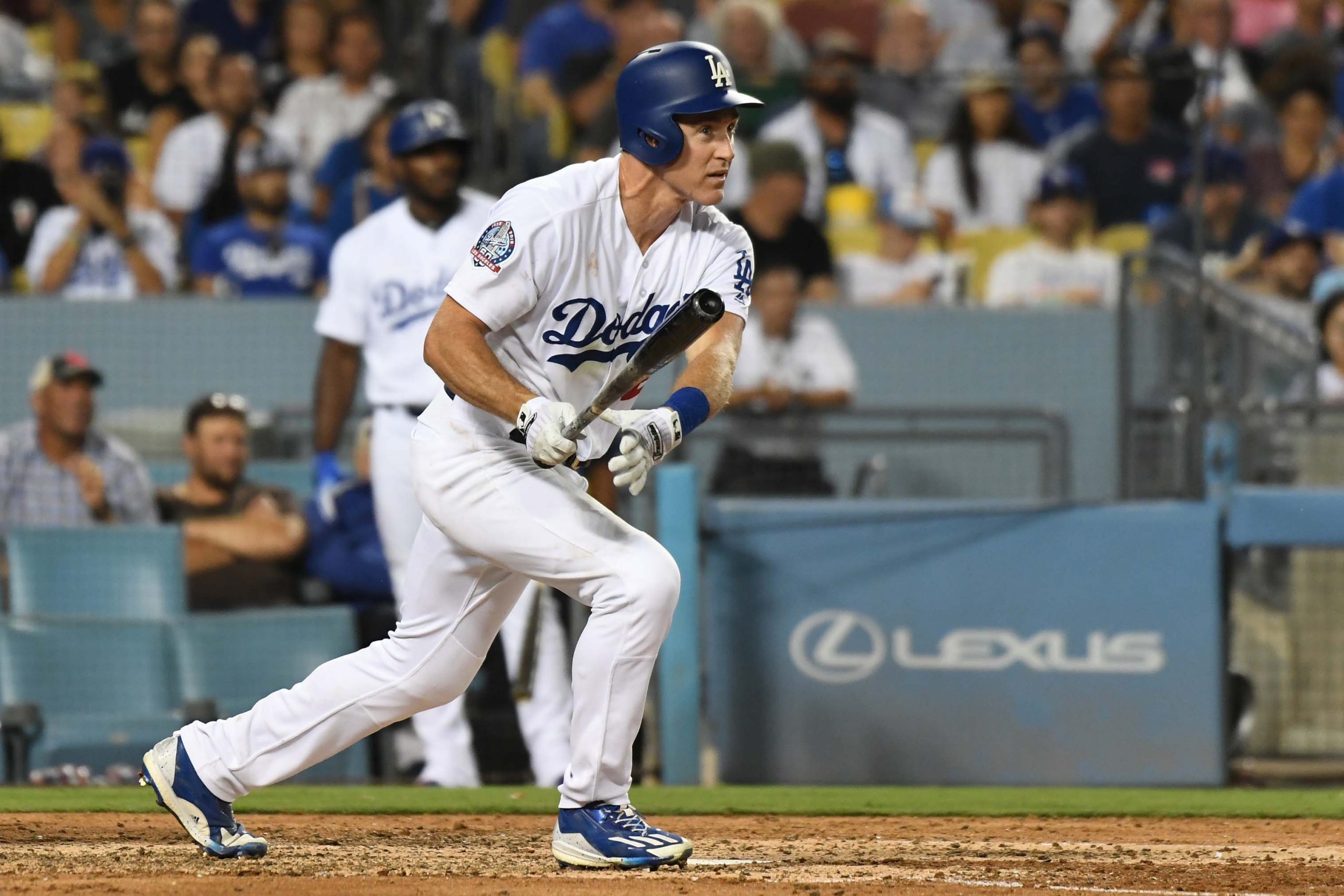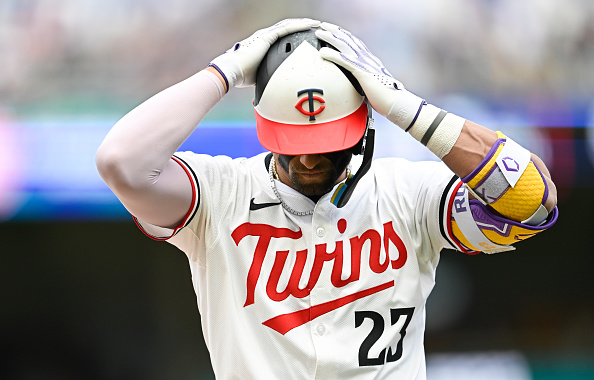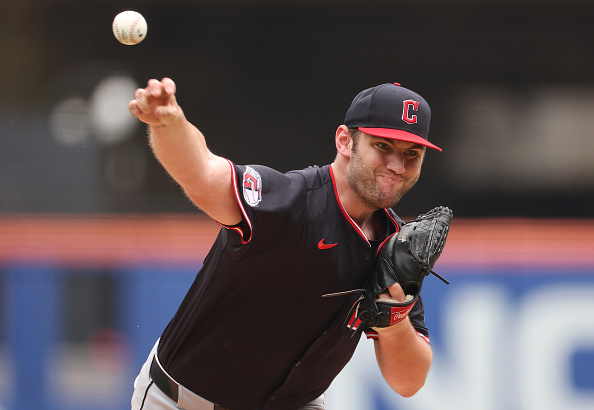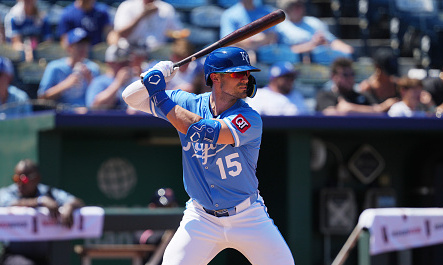Although his final four seasons in the majors wound up being rather pedestrian, longtime Phillies fan-favorite Chase Utley has an intriguing Hall of Fame case to present when he hits the ballot in 2023.
The former second baseman didn’t accumulate many awards in his career, making just six All-Star Games, winning four Silver Sluggers and zero Gold Gloves, and never finishing in the top five for National League MVP. However, the Pasadena native quietly pieced together an incredible career. Especially when he was at his peak, Utley was one of the most productive hitters in all of baseball.
Throughout 16 seasons, Chase Utley slashed .275/.358/.465 (.823 OPS) with a .356 wOBA and 62.9 fWAR (64.4 on Baseball-Reference). Those numbers become .301/.388/.535 (.923 OPS) with a .395 wOBA, a wRC+ of 138, and 38.5 fWAR (39.7 rWAR) over his five-year peak from 2005 to 2009. As previously stated, he didn’t accumulate many awards, but it’s pretty hard to recieve many MVP votes when two seasons of your five-year peak had teammates win Most Valuable Player (Ryan Howard in 2006, Jimmy Rollins in 2007). Further, in terms of value, a second baseman isn’t exactly worshipped much like a shortstop (Rollins) or a power-hitting first baseman (Howard).
Utley simply was always in the discussion as one of the best, but never took home the hardware as the best in the game.
But to truly dissect the case for Chase Utley, one must take a look at how he compares to other Hall of Fame second basemen. In terms of fWAR, the former Phillies and Dodgers second baseman would rank 10th at 62.9. However, he played 374 fewer games than Frankie Frisch, who ranks last in games played among Hall of Famers with more wins above replacement. At Utley’s fWAR pace, he’d have accumulated 75.0 fWAR and ranked sixth.
As far as his weighted numbers are concerned, he’d rank tied for 10th with Roberto Alomar in wRC+ and 14th in wOBA (between Alomar and Craig Biggio). His .465 slugging percentage would rank seventh, and his 208 times getting hit by a pitch would rank second.
From an offensive standpoint, he’s at least on par with what would be his fellow brothers in the Hall of Fame fraternity, and his case gets even stronger when you implement the Baseball-Reference JAWS grading system for players.
The average second baseman in the Hall of Fame has 69.5 rWAR, with 44.4 over their seven-year peak, and 57.0 JAWS. Utley posted 64.4, 49.3, and 56.8 respectively, not quite hitting the benchmark on two of them but falling pretty close. Among all second basemen, Utley ranks 11th in terms of JAWS, once again indicating that he belongs in the discussion.
When dissecting the career of Chase Utley, it’s important to look at his stats and less about the awards. Oftentimes, awards aren’t indicative of who had the best season. Utley, who never placed top five in MVP voting, was top three in fWAR among position players each season from 2005 to 2009.
The numbers speak for themselves. Utley was one of those blue-collar players during his hey-day, but was it enough to ignore the lack of hardware? Time will tell, but he definitely deserves some support.








One Response
No comments in two years speaks volumes about utley’s chance of making the hall. Plus you forgot about the biggest stat of all A-hole Moves. Chase is in the top 3 for players who will never make the ball.